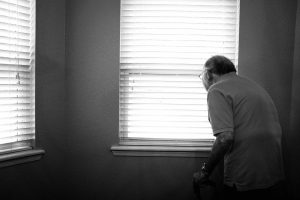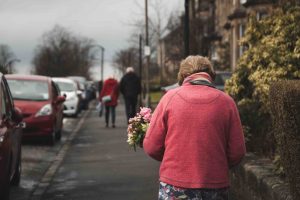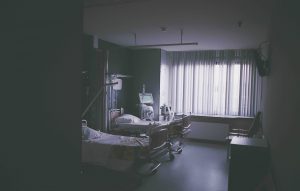 When your elderly loved one shows signs of elder abuse or neglect, how can you know whether a caregiver is perpetrating the abuse or whether the harm is self-inflicted? Depending upon whether an older adult in your life has been injured because of negligence by a staff member at a nursing home or because of the senior’s self-neglect, families need to take very different steps. Learning about elder abuse by a caregiver could warrant legal action, while self-inflicted neglect requires different action. According to a recent article in The New York Times, the problem of self-neglect is an underreported one, and “it accounts for more calls to adult protective services nationwide than any other form of elder abuse.”
When your elderly loved one shows signs of elder abuse or neglect, how can you know whether a caregiver is perpetrating the abuse or whether the harm is self-inflicted? Depending upon whether an older adult in your life has been injured because of negligence by a staff member at a nursing home or because of the senior’s self-neglect, families need to take very different steps. Learning about elder abuse by a caregiver could warrant legal action, while self-inflicted neglect requires different action. According to a recent article in The New York Times, the problem of self-neglect is an underreported one, and “it accounts for more calls to adult protective services nationwide than any other form of elder abuse.”
What should San Diego families know about self-inflicted elder abuse? How do signs and symptoms of self-inflicted abuse differ from signs of neglect when a caregiver or nursing home may be responsible?
What is Elder Self-Neglect?
 Southern California Nursing Home Abuse Lawyer Blog
Southern California Nursing Home Abuse Lawyer Blog

















